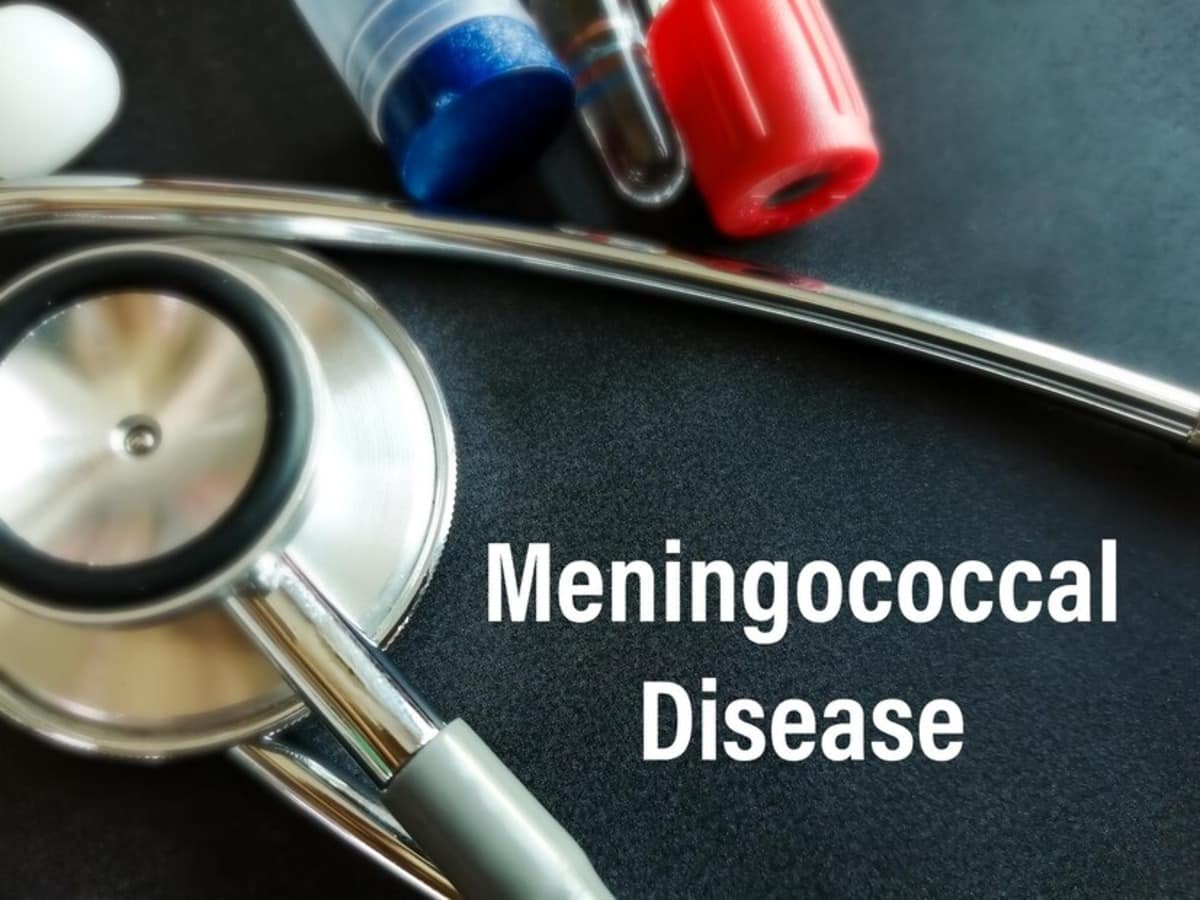Share this @internewscast.com

Meningococcal disease refers to any illness caused by the bacteria Neisseria meningitidis. These illnesses are often severe and can be deadly, and include infections of the lining of the brain and spinal cord (meningitis), and bloodstream, said CDC.
There is a new and rare kind of infection steadily rising in the US that has the Centers for Disease Control and Prevention (CDC) worried. The national public health agency of the country has issued a health warning and urged doctors to watch out for the serious bacterial infection that is accompanied by unusual symptoms. Meningococcal infection, according to the CDC, is an invasive disease. In its Health Alert Network (HAN), CDC noted that in 2023, 422 cases were reported in the US — the highest annual number of cases reported since 2014. As of March 25, 2024, 143 cases were reported to CDC for the current calendar year, which is an increase of 62 cases over the 81 reported as of this date in 2023.
Why Is It Serious?
According to reports, these infections are caused by a certain strain of Neisseria meningitidis bacteria, and may present with unusual symptoms. In the cases identified thus far, about 1 in 6 people have died. It is alarming because it seems to have a higher fatality rate than is typically seen in meningococcal infections. The CDC stated that cases caused by this strain are ‘disproportionately occurring’ in people ages 30-60 years (65 per cent), Black or African American people (63 per cent), and people with HIV (15 per cent), who are immuno-compromised. Normally, meningitis infections occur in babies or adolescents, and young adults.
Meningococcal Disease
According to the CDC, meningococcal disease refers to any illness caused by the bacteria Neisseria meningitidis. These illnesses are often severe and can be deadly, and include infections of the lining of the brain and spinal cord (meningitis) and bloodstream. Doctors call this meningitis — caused by the bacteria Neisseria meningitidis — meningococcal meningitis. When someone has it, the following symptoms are seen: fever, headache, stiff neck, nausea, vomiting, photophobia (eyes being more sensitive to light), altered mental status. Symptoms of meningococcal bloodstream infection may include fever and chills, fatigue, vomiting, cold hands and feet, severe aches and pains, rapid breathing, diarrhea or, in later stages, a dark purple rash, CDC warned.
How Does It Spread?
The CDC explained that about 1 in 10 people have these bacteria in the back of their nose and throat without being ill; this is called being a ‘carrier’. Sometimes, when the bacteria invades the body and causes certain illnesses, it is known as meningococcal disease. Six ‘serogroups’ (types) of Neisseria meningitidis (A, B, C, W, X, Y) cause most disease worldwide, and three of these (B, C, and Y) cause most of the illness in the US. Person-to-person spread of the bacteria involves the exchange of respiratory and throat secretions via kissing, coughing, sneezing or living in close contact with those who are infected.
Treatment
According to a CNN report, immediate treatment with antibiotics is important, otherwise, survivors may have ‘long-term effects such as deafness or amputations of the arms and legs’. In fact, there is a vaccine that protects against bacterial meningitis and is recommended for children ages 11 to 12; because the protection wanes, a booster is given at age 16. The vaccine is also recommended for certain medical conditions like HIV. The CDC recommends people in vulnerable groups get boosters every 3 to 5 years.















